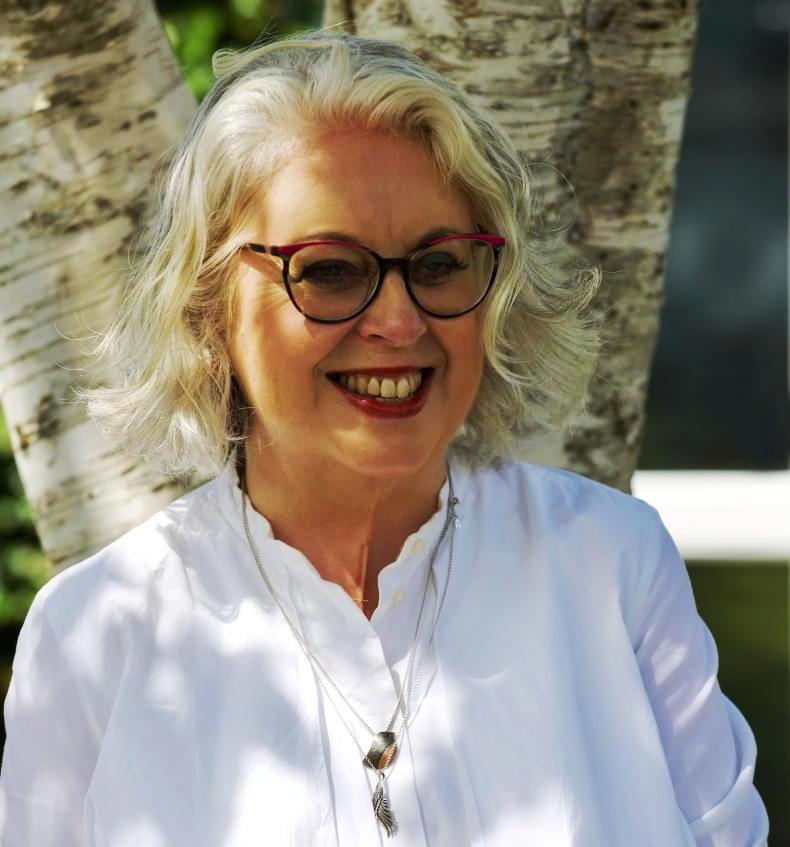I have just finished reading a memoir I’ve meant to read for ages – Lowborn by Kerry Hudson. Its subtitle tells the story: ‘Growing up, getting away and returning to Britain’s poorest towns’.
Hudson is a successful writer but carries with her a recognition of the life that might have been hers if she had not escaped the poverty that she grew up in. In the book, she makes a kind of pilgrimage to the sites of this difficult and nomadic childhood in which her mother trailed her and her sister from seedy B&Bs to dirty flats, always in the hope of a ‘new start’.
She walks alongside the child she was, feeling like a giant in the smaller places of her childhood. Seeing her younger self in all her vulnerability and openness to hurt, she asks the adults she meets if things are better in these towns today.
It is, in many ways, a heartbreaking book. However, it is also ultimately redemptive since, somehow, she found friends, neighbours and teachers who offered her a window into another world and another way of living.
Childhood neighbours
Even if you were lucky enough not to grow up in a difficult household with the challenges Hudson faced, the book made me think of how important other adults are in our childhoods.
I grew up outside a little mill village in Tyrone and life was in some ways unchanged since the Victorian era. We went to a Victorian primary school, sat at little wooden desks with inkwells, were mixed in terms of boys and girls and religions – something almost unheard of in other parts of the North in the 1960s and 70s. It was the wishes of the men who had built the mill that all the children of the village be educated together.
Our house was about a mile outside the village and we knew everyone in every house between us and school. My best friend Joanna lived four doors down from us; beside her was Gwenda, who was a year older; beside her were the Hoggs, who were teachers. Further down was Mrs Robinson, who was an amazing baker, and then the Walls – the banking family whose son Vincent was in our class, and who was slagged unmercifully when the roll was called on his first day when it was revealed that his middle name was ‘Mary.’
Free spirit
Each of those houses were open to us as children and they offered different versions of ways to live. Joanna’s mother came from a Brethren family, but had made her own decision about who to marry. I remember her as beautiful, without makeup, but a free spirit. When I wrote to Joanna’s father after she died, he spoke of how they had made their own love story.
The Hoggs' house was full of plants, books and paintings — they were both artists. Our house had reproductions, but I’d never seen original art on the walls before.
They didn’t have children, but made Joanna and I feel very special when we were invited in for tea parties and to play Scrabble. When I look around my own house now, it is amazing to think that its first template was theirs.
The Walls’ house was the first time I’d seen things like stones and shells set on windowsills, tennis rackets stacked by the door, sherry in decanters for after dinner. It was lively and noisy with young people.
This was at a time when the nearby town was regularly bombed and when many people in the North were being pushed further into segregated housing so that they could grow up never encountering anyone from ‘the other side’.
I think that exposure to all these different people, a whole range of classes and religious beliefs, was the great gift of my childhood and I will always be grateful for it.
At a time when the world seems a particularly cruel place for children, we all have a part to play in their protection and care.
'Neighbours' wains'
In Derry, they have an expression – ‘neighbours’ wains’ – meaning the children that are known and part of the place; in a sense they belong to the whole village or town. This is another version of the idea that it takes a village to rear a child.
Kerry Hudson ends her book by saying, “The child I was still walks beside me but now I know how to care for her. Just as I will my own child… using everything I’ve been taught about what love is.”
For this month’s writing prompt, I would like you to think of a neighbour or an adult who made a positive impression on you as a child, for whatever reason.
Write down as much as you can remember of them, or perhaps construct the letter you would like to send to thank them for what they did for you.






 This is a subscriber-only article
This is a subscriber-only article









SHARING OPTIONS: